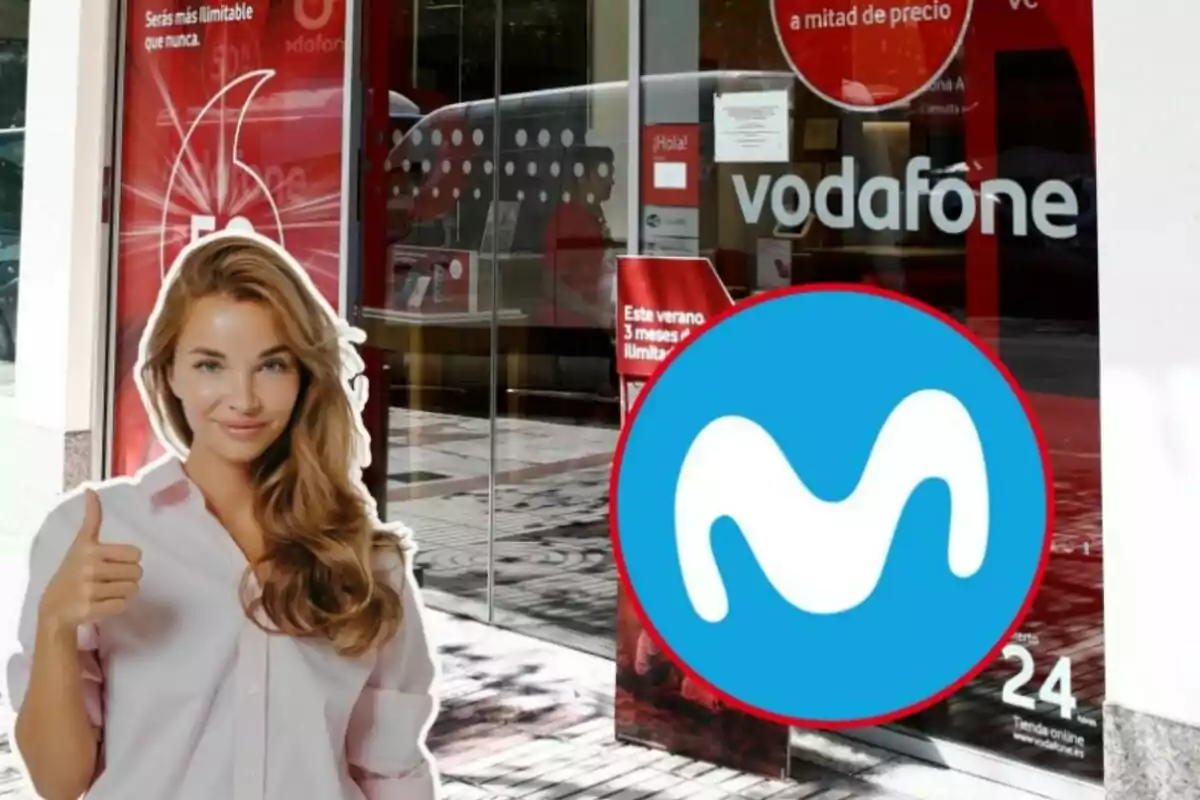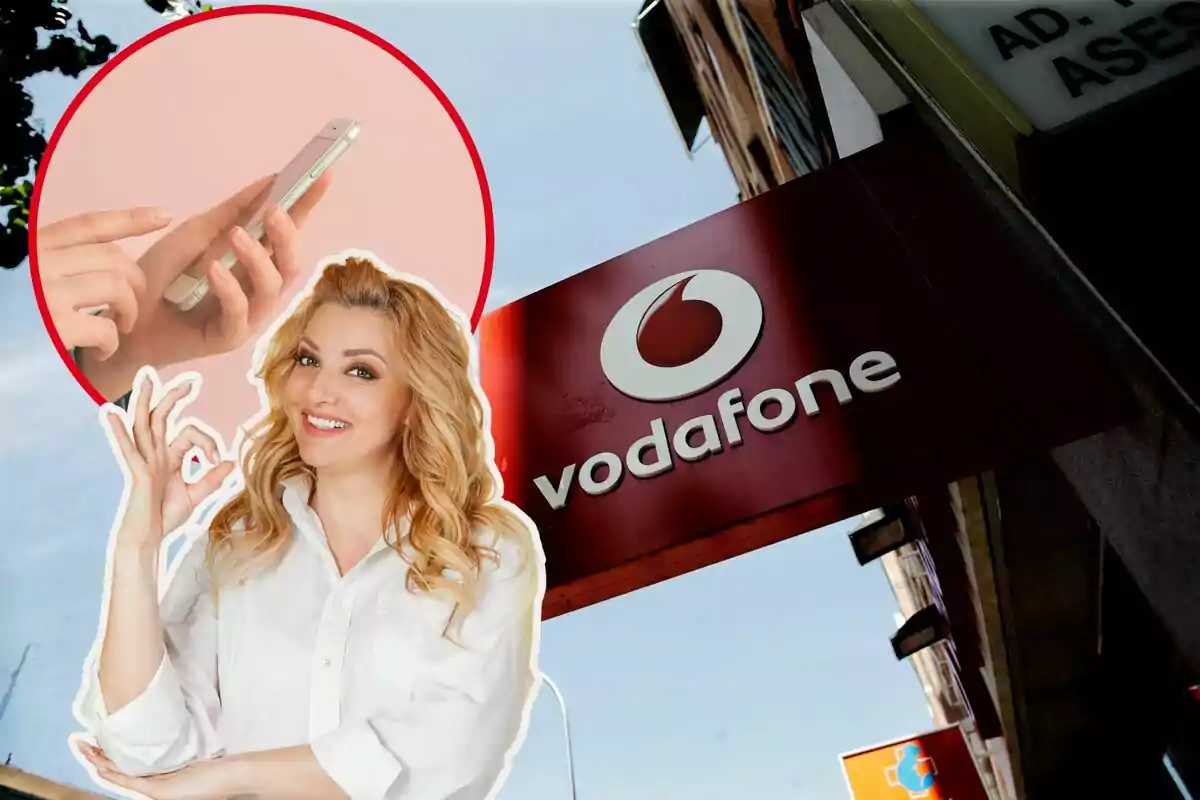
Vodafone leaves Movistar speechless: this hadn't been done by anyone before
Vodafone manages to make the first satellite video call from a remote area, which represents a major breakthrough
Vodafone has achieved what until now seemed impossible. Making the world's first satellite video call from a mountainous region of Wales. It has the peculiarity of being a practically remote area without conventional network coverage.
This milestone has left not only Movistar but also all market operators speechless. No one had achieved anything similar to date.
The unbelievable video call was made possible thanks to Vodafone's collaboration with the company AST SpaceMobile. The latter is responsible for operating the BlueBird satellites. These satellites function as base stations in space, providing a signal that is transmitted to a terrestrial network.

This process allows replicating the experience of conventional 4G and 5G mobile networks, but from space. This enables a smooth and uninterrupted connection, even in hard-to-reach areas.
Vodafone manages to end disconnection
The most surprising thing about all this is that to make the video call, only a regular smartphone was needed. Without any special device. This opens up a range of possibilities for millions of people living in remote areas, without access to traditional mobile network coverage.
With this new technology, Vodafone has managed to overcome one of the major barriers of mobile telephony. It's the case of the lack of coverage in isolated or hard-to-reach areas.
Communication via satellites is not new, but Vodafone's achievement represents a step further. The key to this innovation lies in the BlueBird satellites, which allow offering coverage similar to terrestrial mobile networks. But without relying on physical infrastructures.

The impact of this technology will be enormously positive for people living in areas with unstable coverage. But also in rural and mountainous areas, where traditional mobile networks don't reach. This innovative solution promises to improve the quality of life for many, facilitating communication in regions where connectivity was a top-level.
Vodafone wants it implemented in Europe in months
The next step for Vodafone is to expand this technology to Europe. All with the aim of launching it by the end of this year or early 2026. The company is already working to implement this satellite network on a large scale and offer it to its customers in different regions of the continent.
This advancement marks a clear difference in the sector and places Vodafone in a leadership position. Thus surpassing competitors like Movistar, which hasn't yet managed to replicate an achievement of this magnitude.
This technological advancement poses a great challenge for other operators. And satellite video calls are set to be one of the greatest revolutions in the world of telecommunications.
More posts: